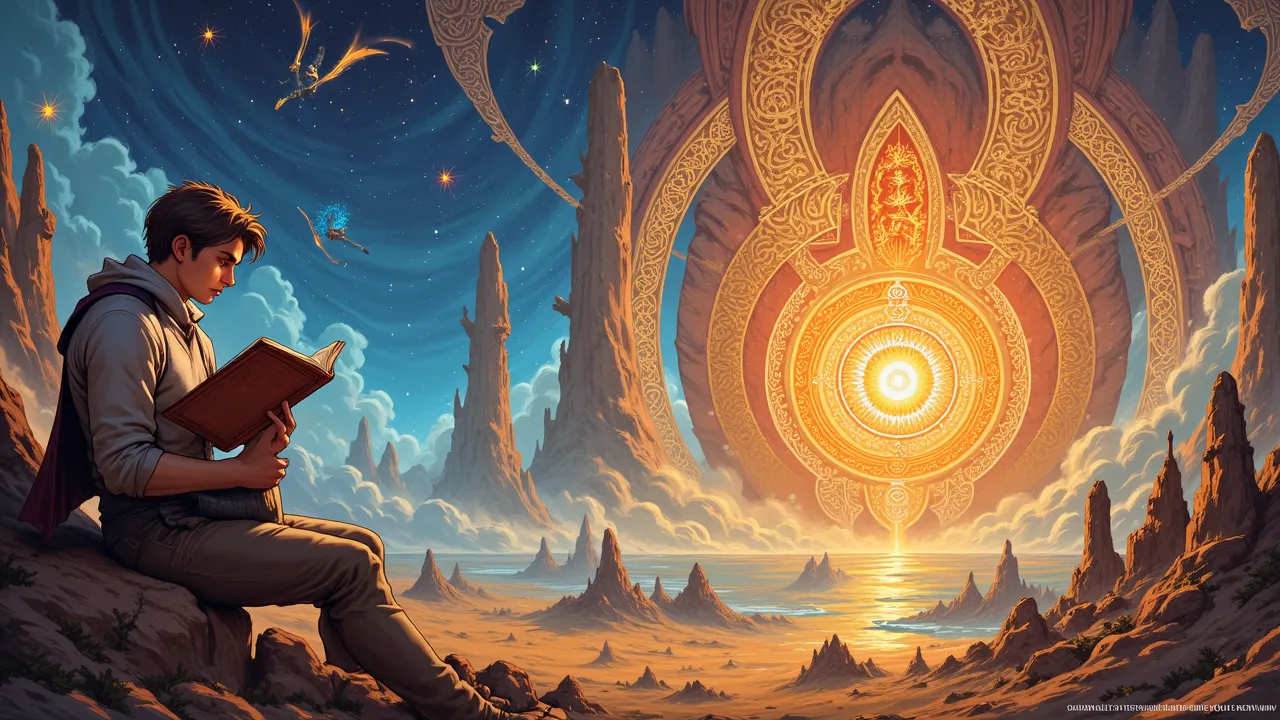Previously, I published some thoughts on the opening tale of Cixin Liu's anthology, Hold Up The Sky. Now that I've finished the whole thing, it is time to share some more thoughts about the remaining stories.
While the tale about the school teacher was a very strong opening, it took some time for additional stories to become as memorable. Without a doubt, my favourite was the one about The Low Temperature Artist.
Sea of Dreams
The Low Temperature Artist is the most charming story of them all. A tale that begins at an ice sculpture festival, artisans chipping away at blocks of ice with tools and inspiration, when suddenly, a ball of cold energy arrives.
It is an entity from somewhere else. Somewhere far colder than even the coldest places on Earth, from the edge of Absolute Zero, if that were to be a place.
A beautiful manifestation of snow crystals and ice, it introduces itself as the Low Temperature artist and speaks about its need to make art. It uses the water of the oceans to create vast blocks of ice, and is interested only in discussing Art.
Not engineering, not physics, not itself, only aesthetics and Art. What follows is a tale of an entity so utterly disinterested in survival, in the pursuit of Art. Sort of like how corporations care only for their profits, and not the planet.
The Low Temperature Artist is entirely disinterested with the humble affairs of mortality and humanity, and it is beautiful, but chilling. Strong vibes of "some of you may die..."
The Fire in the Earth
And that's a risk another tale in the anthology takes to the extreme. A man devises the elimination of the coal mine as a place, instead opting to develop an in place power plant, which directly burbs the coal, in situ, without the need to transport the coal.
It goes well, until it doesn't. The burning, angry underground furnace eventually becomes uncontrolled, devouring even the surface country side, though the fire rolls underground.
I'm unsure how scientifically accurate the coal tale is, but it serves as a warning to not seek endlessly increasing profits , lest humanity spiral into destitution.
Mirror
Another story in the anthology sings close to my heart. Not because of its emotional impact, but because it does something with the phrase "history is written by the victors" without uttering that phrase.
In Mirror, a group of officials are marveling over a super-string computer, which comprises of an entire atomic history of the Earth. It is a model that tracks the movements in retrospect of their current states, enabling global surveillance and unlimited levels of historical study.
As the mirror is "explored", several revelations about history not being exactly as it were written is detailed. Further to that, several criminal investigations are easily completed.
But ... it is a chilling thing - people are willing to kill to ensure that this technology doesn't become widespread, because ultimately, megalomaniacs want history to be written from their perspective. It's an outstanding, speculative tale, and probably my second favourite from the anthology.
Ode To Joy
This one is another whimsical tale. Like the Low Temperature Artist, this is a being who comes from elsewhere to play a concert for the Earth. It's instrument? Why, of course, the sun. What else?
It manages to unite .. the united nations in song, and is a tale of optimistic coordination, and reflections on the travelling musical artist, never stepping foot in the same place more than once.
Concluding Thoughts
Cixin Liu explores so many interesting ideas in this collection of stories. There is deep philosophy and thought woven between the the scientific explanations.
When its over, it is sort of bitter-sweet. It isn't as inspiring or as impactful as the words of Ted Chiang, which focuses more deeply on human, emotionally charged impact.
Cixin Liu's writing no doubt loses something in translation. All work does as it moves from language to language, from mind to mind. It approaches mastery, caressing its boundaries with an outstretched finger, curious and enquiring. It imperceptibly touches it, before again, fading into the cosmos.
None the less, I thoroughly enjoyed it. I'd read more of it, had its pages not yielded to an end.

Ai image, in case you couldn't tell because of the fingers